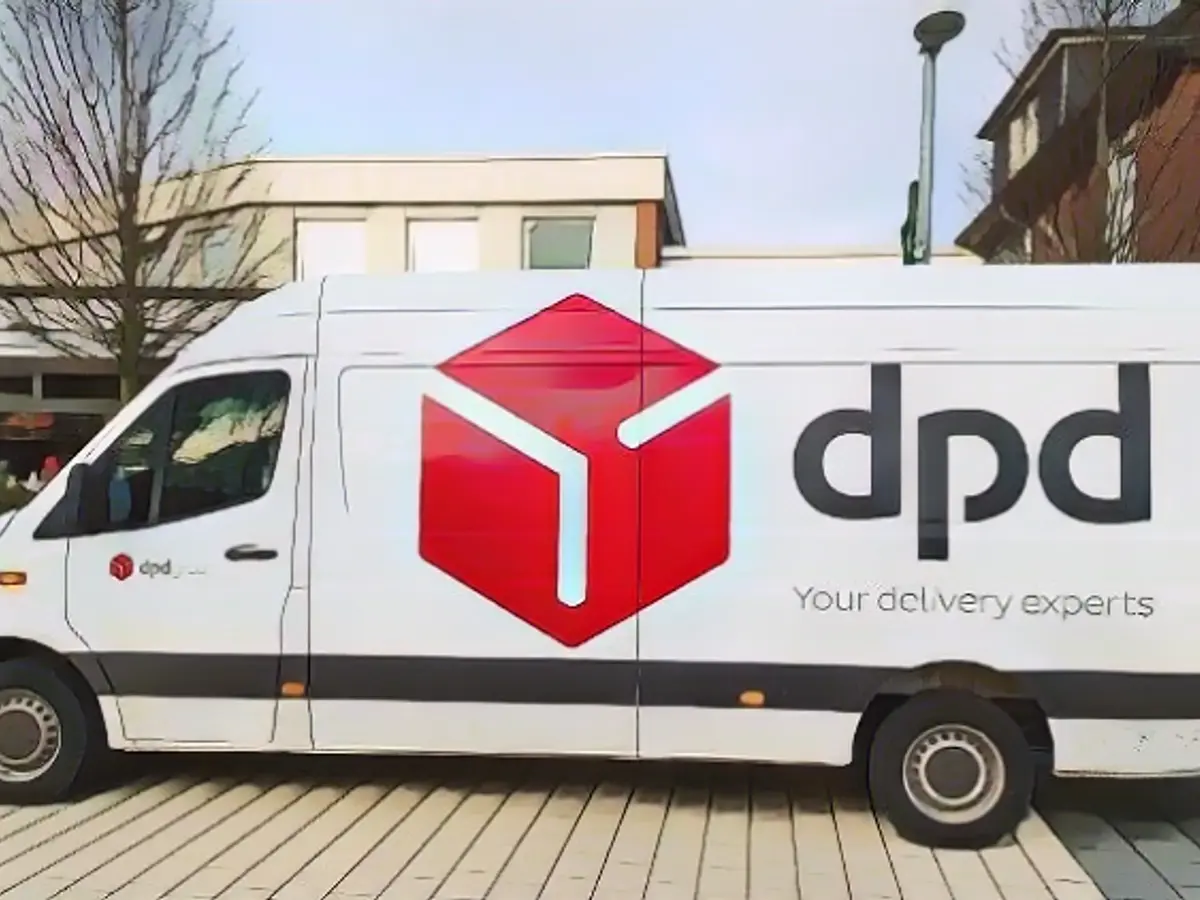DPD Germany Takes a Hard Look at Cutting Jobs
The parcel delivery service provider, DPD Germany, is trimming its workforce due to financial constraints. On a recent Thursday announcement in Aschaffenburg, the company disclosed its decision to shed between 1,400 and 1,620 jobs out of its current 9,600 employees over the next two years. The main goal is to boost competitiveness and achieve long-term efficiency.
This move is driven by the struggles faced by DPD, as well as the broader parcel industry, in the face of challenging market conditions, inflation-related price increases, and evolving customer behavior. According to CEO Björn Scheel, the company aims to make DPD Germany a more agile and future-proof entity for the coming years.
Economic downturn following the pandemic
The global parcel delivery sector thrived during the COVID-19 pandemic, with a dramatic surge in demand. DPD's volume of transported parcels rose by 7% in 2021 alone. However, this trend changed abruptly when the pandemic started to ebb, leading to a drop in demand for parcel services. In 2022, DPD transported 412 million parcels in Germany, representing an 8.8% decrease compared to the previous year.
Meanwhile, market leader DHL had to grapple with an 8.3% drop in shipment volume in 2022. However, the Bonn-based company made a comeback this year, with a 5.1% increase in parcel volume in the third quarter of 2023. DPD has not yet released any current business data.
Besides DHL, DPD ranks among Germany's leading parcel delivery services, with competitors such as Hermes, GLS, and UPS also operating in the market. In addition to its 9,600 employees at its German headquarters in Aschaffenburg, DPD employs around 11,500 self-employed delivery staff across its 79 depots and other locations throughout Germany.
From 'Deutscher Paketdienst' to 'Dynamic Parcel Distribution'
Originally founded as 'Deutscher Paketdienst,' the firm's name was later changed to 'Dynamic Parcel Distribution' (DPD) following the acquisition by the French postal service.
The sidelines
DPD's decision to cut jobs and improve competitiveness is not solely the result of a broader industry downturn, as there are several factors at play. Leveraging reviews and insights from former and current employees, we can infer that the company might be addressing operational efficiency and financial constraints, possibly through restructuring efforts.
Maximizing Operational Efficiency
As the parcel delivery industry is highly competitive and subject to fluctuations in demand and operational costs, DPD could be streamlining operations and reducing costs by eliminating redundant positions or optimizing workforce allocation. This would help the company adapt to market challenges more effectively.
Addressing Financial Constraints
The reviews suggest that DPD grapples with pay and benefits, particularly regarding long working hours and low pay rates. This could indicate financial strain, prompting the company to adopt measures like job cuts to manage costs more efficiently.
Sources:
Enrichment Data: Further analysis of the parcel delivery industry and DPD's specific situation reveals the following insights:
Market Size and Trends
The German logistics market, which covers the parcel delivery sector, is projected to grow to €400.5 billion in 2025. Key trends driving the market include the use of gigaliners, autonomous driving, and increased integration of technology in delivery processes. Major players in the German logistics industry include Deutsche Post AG, Hapag-Lloyd AG, and Deutsche Bahn AG, who collectively hold substantial market shares. Maersk, a global shipping company, expects container volume to grow by 4% in 2025, which may positively impact the broader logistics market.






